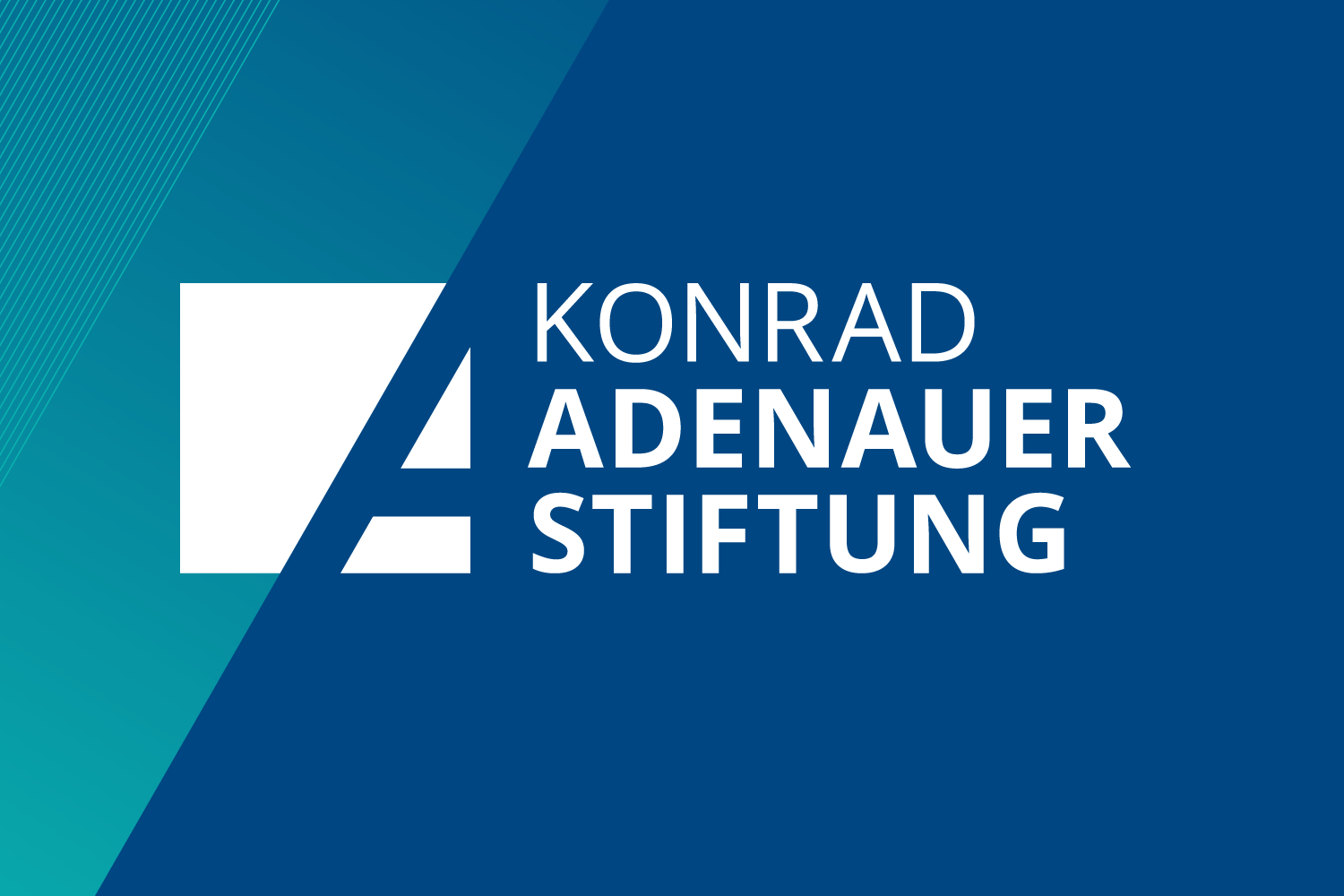IAN’s Week in Review: German Constitutional Court rules on ECB, surveillance becomes a priority
In Europe, the German Constitutional Court ruled that the ECB will have to provide additional information on PSPP programme, which was launched during the previous debt crisis, to support Member States with large debts, otherwise it will force the Bundesbank to retreat from that programme. The Court ruled that the ECB programme did not amount to monetary financing of public debt, which is ruled out in the EU Treaty, but that it did not provide enough evidence that it complies with the Article 5 principle of proportionality. While the legal consequences of this ruling are easily solved, they will add pressure on the ECB as it fights the current crisis with unprecendented tools. In particular, the Court justified that there was no monetary financing of debt in the PSPP due to the limitations of the programme in terms of how much the ECB can hold of each Government’s total debt. However, this limitation was waived in the new Pandemic Emergency Purchase Programme.
As countries emerge from lockdown, there are several efforts to create news applications to track people’s movements in order to limit the risk of second, more acute wave of coronavirus inflections. This week, Apple and Google publshed their guidelines on tracing apps, requiring data decentralisation and user control over data. However, they clash with French and UK Governments that deem that centralised information is better for health tracking purposes.
International Press Review
China, coronavirus and surveillance: the messy reality of personal data, by FT: Efforts to track cases have been haphazard but technology companies face pressure to hand over information
Finding a Covid-19 vaccine needs a global effort, by the FT editorial Board: Countries should avoid turning to nationalism and share the burdens
Central bankers should not be forward-looking in times of crisis, by Paul De Grauwe, Yuemei Ji: When uncertainty is extreme, prudent central banks should be guided by what they observe, and not by unreliable forecasts.
The market v the real economy, by The Economist: Financial markets have got out of whack with the economy. Something has to give
Margaret MacMillan on covid-19 as a turning point in history, by The Economist: The pandemic exposes our weaknesses and strengths. How the story unfolds will depend on leaders
Karlsruhe: quand les juges font de la politique, by Eric Chaney



